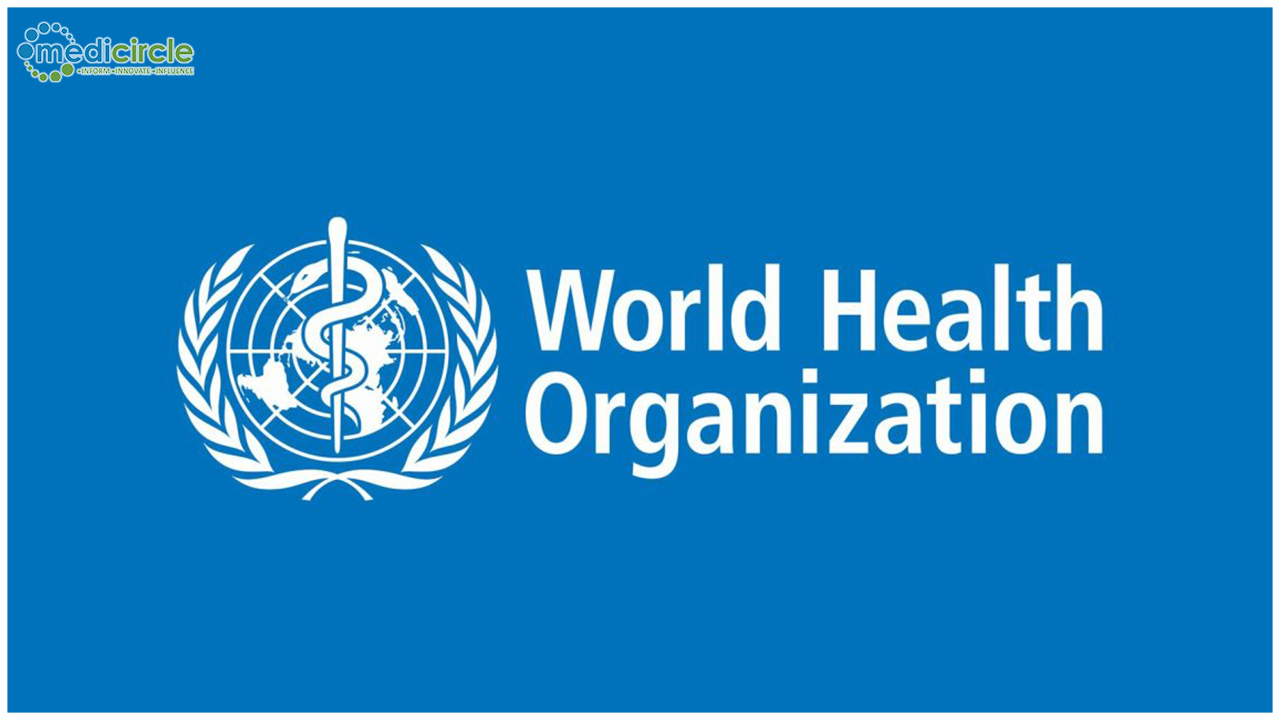There have been no new cases of Ebola virus disease (EVD) reported in the ongoing outbreak in the Democratic Republic of the Congo since 17 February 2020. However, because there is still a risk of re-emergence of EVD, it is critical to maintain surveillance and response operations until and after the end of outbreak declaration – as outlined in the WHO recommended criteria for declaring the end of the EVD outbreak.
Unfortunately, the response faces increasing limitations that could result in delayed detection and control of flare-ups. These limitations include a funding shortfall, ongoing insecurity and lack of access to some areas, and limited staffing and resources amidst other local and global emergencies.
No funding for the Ebola response has been received by WHO since December 2019. An urgent injection of USD 20 million is required to ensure that response teams have the capacity to maintain the appropriate level of operations through to the beginning of May 2020. If no new resources are received, WHO risks running out of funds for the Ebola response before the end of the outbreak.
Ongoing response activities include investigating and validating new alert cases, supporting appropriate care and rapid diagnosis of suspected cases (which continue to be detected), supporting survivors through a multi-disciplinary programme, and strategically transitioning activities. From 9 to 15 March, over 32 000 alerts were reported and investigated. Of these, 2550 alerts were validated as suspected cases, requiring specialized care and laboratory testing to rule-out EVD. During this same period, 2760 samples were tested, including 1565 blood samples from alive suspected cases, 405 swabs from community deaths, and 790 samples from re-tested patients.

 No funding for the Ebola response has been received by WHO since December 2019. An urgent injection of USD 20 million is required to ensure that response teams have the capacity to maintain the appropriate level of operations through to the beginning of May 2020.
No funding for the Ebola response has been received by WHO since December 2019. An urgent injection of USD 20 million is required to ensure that response teams have the capacity to maintain the appropriate level of operations through to the beginning of May 2020.










.jpeg)







.jpeg)

.jpg)










